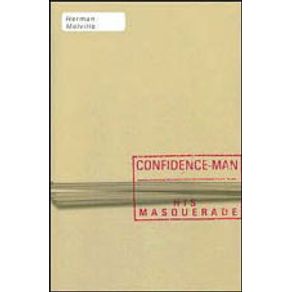CONFIDENCE MAN, THE - HIS MASQUERADE
Favoritar
De: R$ 197,53Por: R$ 138,27ou de
Preço a vista:R$ 138,27
Economia de R$ 59,26Calcule o frete:
Para envios internacionais, simule o frete no carrinho de compras.
Calcule o valor do frete e prazo de entrega para a sua região
Sinopse
Ficha Técnica
Especificações
| ISBN | 9781564784544 |
|---|---|
| Pré venda | Não |
| Peso | 396g |
| Autor para link | MELVILLE HERMAN |
| Livro disponível - pronta entrega | Não |
| Tipo item | Livro Importado |
| Número de páginas | 355 |
| Número da edição | 1ª EDIÇÃO - 2007 |
| Código Interno | 580641 |
| Código de barras | 9781564784544 |
| Acabamento | PAPERBACK |
| Autor | MELVILLE, HERMAN |
| Editora | DALKEY ARCHIVE PRESS |
| Sob encomenda | Sim |


